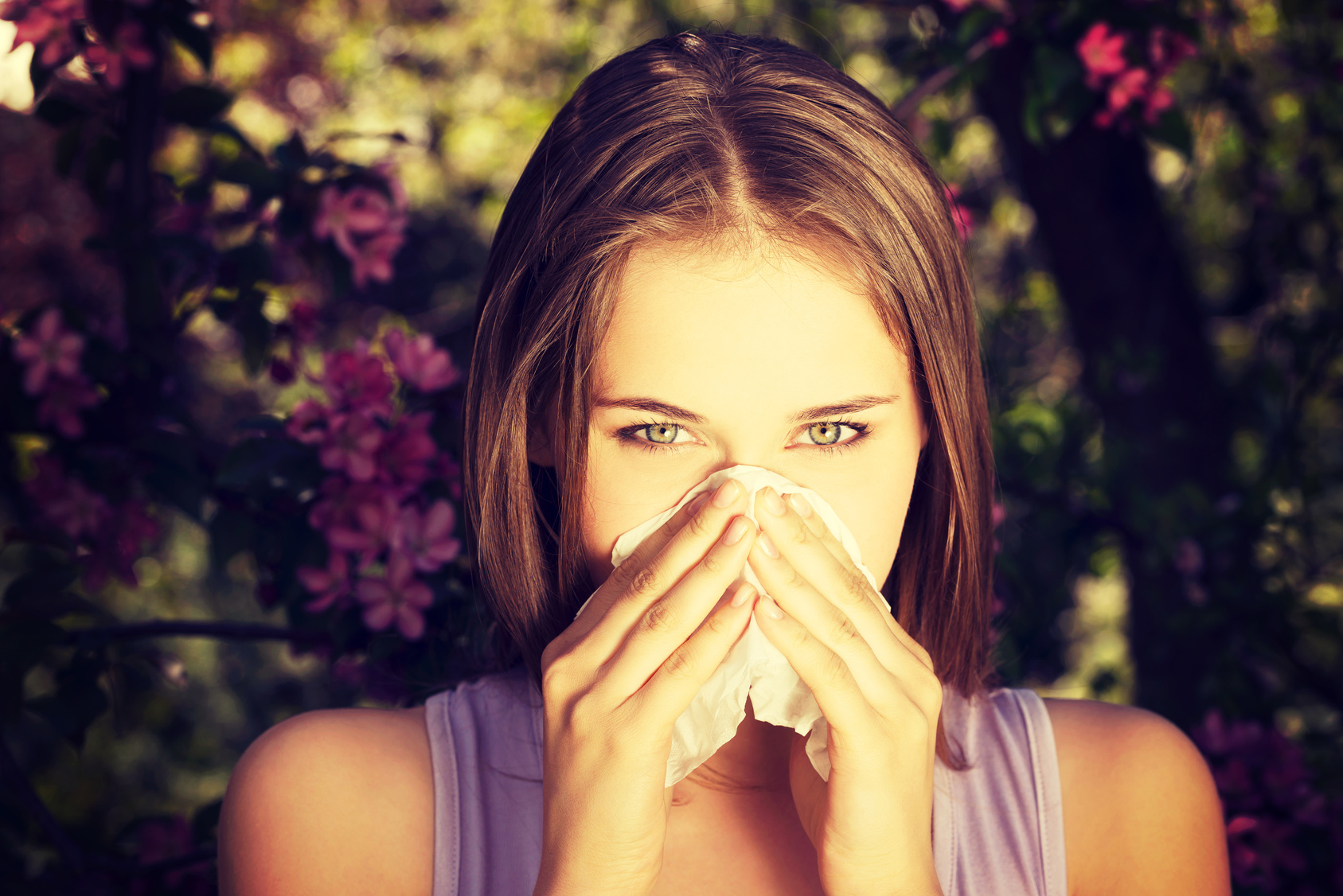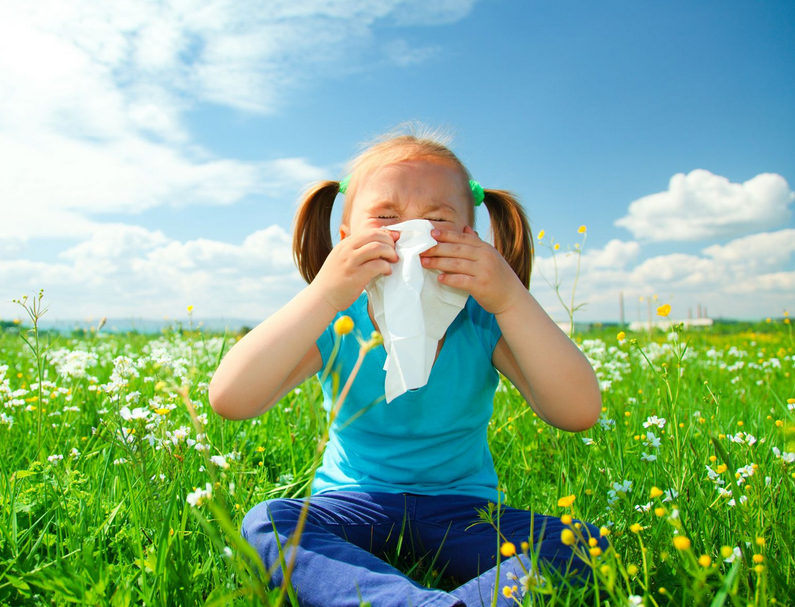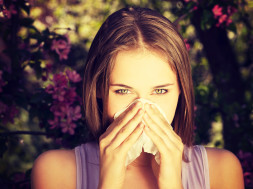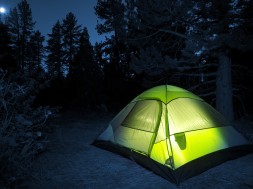
Clogged sinuses, watery eyes, and itchiness should not compromise enjoying the great outdoors. If you are one who suffers from allergies regularly, out in the wild these symptoms will be heightened due to an abundance of agriculture. In addition, if you have any food allergies remember that you are sharing the environment with many other campers and creatures that will not be as careful as you might be. For example, your group may be aware of your peanut allergy, but other campers may not and simply litter their peanut shells throughout the forest. So please, bring your Epipen and allergy medications for that matter. We have constructed more reasons for you to bring allergy medications if that is not convincing enough.

1. Life Threatening Allergies
For the people who suffer from deliberating life-threatening allergies like anaphylaxis, it is crucial that you bring an Epinephrine injector. As careful as you may be, other campers without this symptom will not be. Sharing camp food is a norm, but it can also be a great risk for someone with anaphylaxis. Also, insect venom and even strenuous exercise like hiking can trigger the symptoms. It is absolutely necessary that those who require an Epipen do not forget this item.

2. Allergic Rashes
What would be more annoying on your camping trip then to deal with a nasty rash for the next few days? Camping for the most part is a great way to get your tan on and to take a dip in the lake. However; too much sun exposure will make your skin sensitive and ultimately more susceptible to rashes. Similarly, swimming in unchartered waters filled with parasites will most definitely leave you with a few unwanted rashes. Even if the water appears to be crystal clear and clean, it only takes one aquatic bird to land onto the water and spread tons of parasites. Once a rash begins, it will be very hard to stop the itching, which makes the rash worse. Bringing medication like Benadryl and topical corticosteroids is a good idea.

3. Poisonous Plants
Camouflaged dangerous plants like Poison Oak, Ivy, and Sumac may be the factor that ruins your trip. If we are careful, these plants can be avoided. On the contrary, sometimes we enjoy ourselves a bit too much and get carried away. Being in contact with these plants will cause a severe allergic reaction to the skin. Bring some corticosteroid creams and some soap to help aid this discomfort.

4. Higher Levels of Allergens
The open outdoors is prevalently known to be a great place for nice open breezes of wind. Consequentially, these gusts of wind carry much higher pollen contents then say your suburban cul-de-sac would. To guard yourselves, it is wise to take over the counter allergy medications like Reactine or Allegra. One of the most uncomfortable feelings is when your sinuses are completely clogged and eyes swollen. Imagine going on a beautiful scenic hike, only to find yourself struggling in the first leg because of your allergies. Do not let this slow you down from enjoying your time in the wilderness; preventive measures are always better than post-treatment.

5. Hidden Allergens
In a place where dirt and dust are ubiquitous, allergens are able to travel great distances and are relatively undetectable until it is too late. Pollen travels by air or through bees, when you go camping there is an abundance of both. To avoid suffering from allergies, take preemptive measures in insulating yourselves with proper medication. Why risk having this kind of discomfort, especially so far away from home?





